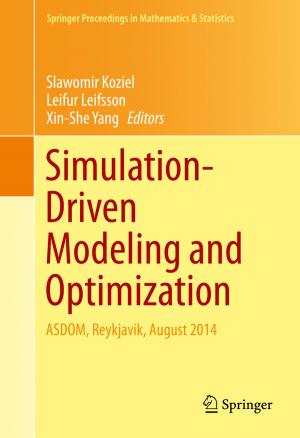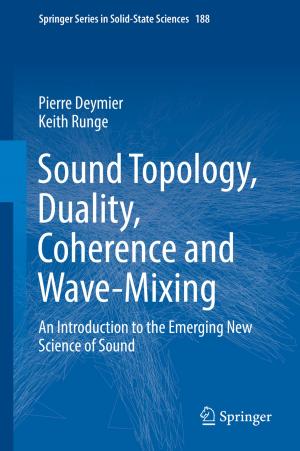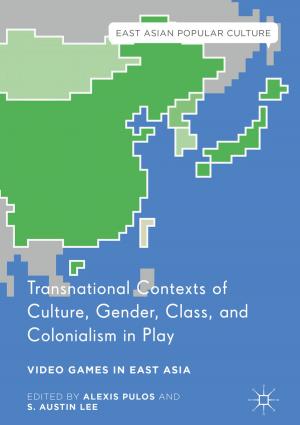Education Policy and the Australian Education Union
Resisting Social Neoliberalism and Audit Technologies
Nonfiction, Reference & Language, Education & Teaching, Educational Theory, Educational Reform, Administration| Author: | Andrew Vandenberg | ISBN: | 9783319680477 |
| Publisher: | Springer International Publishing | Publication: | March 9, 2018 |
| Imprint: | Palgrave Macmillan | Language: | English |
| Author: | Andrew Vandenberg |
| ISBN: | 9783319680477 |
| Publisher: | Springer International Publishing |
| Publication: | March 9, 2018 |
| Imprint: | Palgrave Macmillan |
| Language: | English |
This book focuses on the politics of teacher resistance to the formation and implementation of neoliberal education policies in Australia. It argues that policies such as publishing examination test results online amounts to auditing teachers’ work, and assumes incompetence from teachers, which ultimately results in diverting teachers from their true professional responsibilities. The book outlines the rise of transnational networks that promote market-oriented methods of achieving social objectives, such as good education for all students, and considers a range of explanations for why this education policy was strengthened in Australia in 2010. It also reviews a range of arguments about professional unionism, and reflects on the history of the Australian Education Union and its capacity to resist social neoliberalism. The book concludes by reporting on a case-study in which principals, teachers and parents at two ordinary schools in Australia have managed to keep market forces at bay. It will appeal to students and researchers in the fields of education and sociology, particularly those interested in education policy, political ideology, unionism, and schools.
This book focuses on the politics of teacher resistance to the formation and implementation of neoliberal education policies in Australia. It argues that policies such as publishing examination test results online amounts to auditing teachers’ work, and assumes incompetence from teachers, which ultimately results in diverting teachers from their true professional responsibilities. The book outlines the rise of transnational networks that promote market-oriented methods of achieving social objectives, such as good education for all students, and considers a range of explanations for why this education policy was strengthened in Australia in 2010. It also reviews a range of arguments about professional unionism, and reflects on the history of the Australian Education Union and its capacity to resist social neoliberalism. The book concludes by reporting on a case-study in which principals, teachers and parents at two ordinary schools in Australia have managed to keep market forces at bay. It will appeal to students and researchers in the fields of education and sociology, particularly those interested in education policy, political ideology, unionism, and schools.















